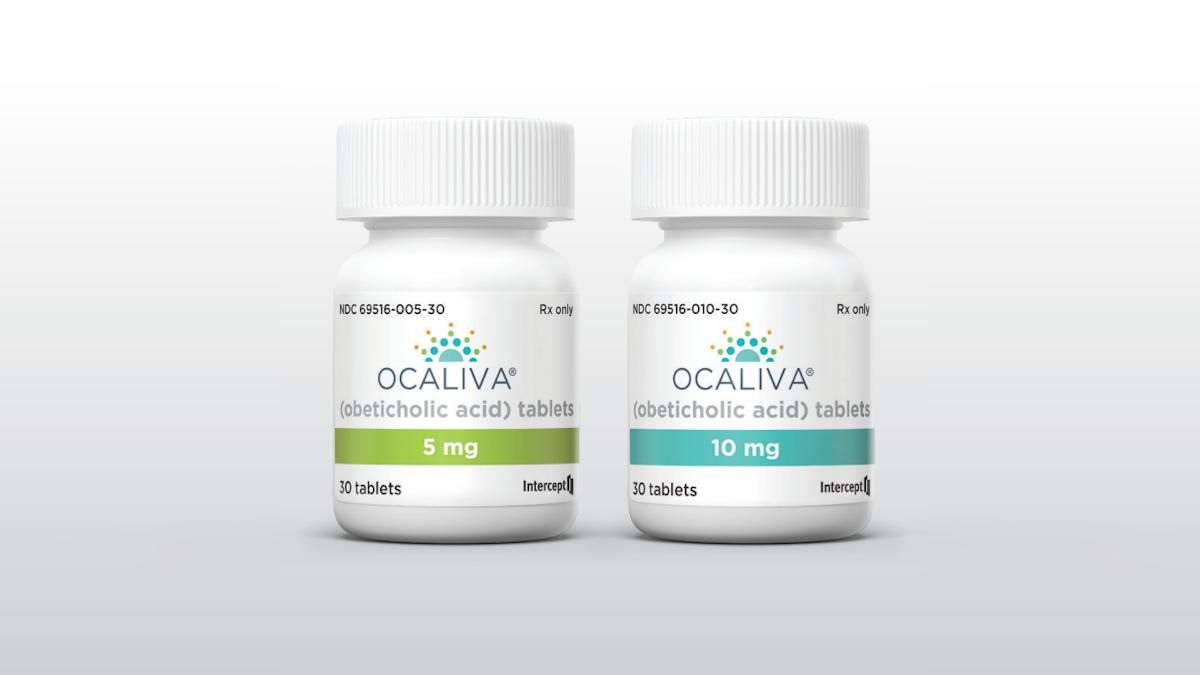Advanz wins stay on EU revocation of Ocaliva license

There's been another twist to the tale of Advanz Pharma's efforts to keep its primary biliary cholangitis (PBC) therapy Ocaliva on the market in the EU.
Earlier this week, the European Commission followed the advice of its human medicines advisory committee, the CHMP, and revoked the conditional license for the drug on the grounds that its benefits no longer outweighed its risks.
Now, in a stunning reversal, Advanz has won a reprieve after the General Court of the European Union ordered a suspension of the EC's decision, meaning the license for Ocaliva (obeticholic acid) remains valid until further notice.
In a statement, Advanz said the drug "remains fully available for new and existing patients across Europe."
The decision to revoke the license for Ocaliva had raised fears that patients with PBC would be left without a second-line option for treatment if they fail to respond to or cannot tolerate ursodeoxycholic acid (UDCA), the standard first-line therapy.
PBC is a rare and progressive autoimmune disease – mainly affecting women – that results from the destruction of the bile ducts in the liver, causing inflammation, scarring, and cirrhosis, and raising the risk of liver cancer.
The implications of the EC's decision also extended across the Atlantic to the US, where Ocaliva is sold by Alfasigma subsidiary Intercept Pharma. Next week, an FDA advisory committee is due to consider whether to convert Ocaliva's accelerated approval into a full approval, largely using the same dataset that was assessed by the CHMP.
"We are committed to supporting patients and are pleased to have secured a temporary suspension of the EC decision [which] enables immediate continuity of supply until the next decision by the General Court," said Advanz Pharma's chief executive, Steffen Wagner.
A spokesperson for Advanz told pharmaphorum that, at the moment, the company does not have a timeline for when a re-examination of the decision by the General Court will take place, but stressed that the company is "continuing in its efforts to help ensure [the suspension] remains in place as long as possible."
At the moment, there are no other second-line therapies for PBC approved in Europe, although that should soon change after Ipsen's Iqirvo (elafibranor), a PPAR agonist, was recommended for approval by the CHMP in July. Iqirvo has already been approved by the FDA.
Another potential option is Gilead Sciences PPAR agonist Livdelzi (seladelpar) – also approved in the US – which was filed in the EU earlier this year by licensee CymaBay Therapeutics.
"We will continue our efforts to help ensure longer-term continuity of supply of Ocaliva for all patients who need it," added Wagner, noting that the FXR agonist has a different mechanism of action from other treatments.
That makes it "an important option for patients with PBC, a condition where treatment options are already very limited."












